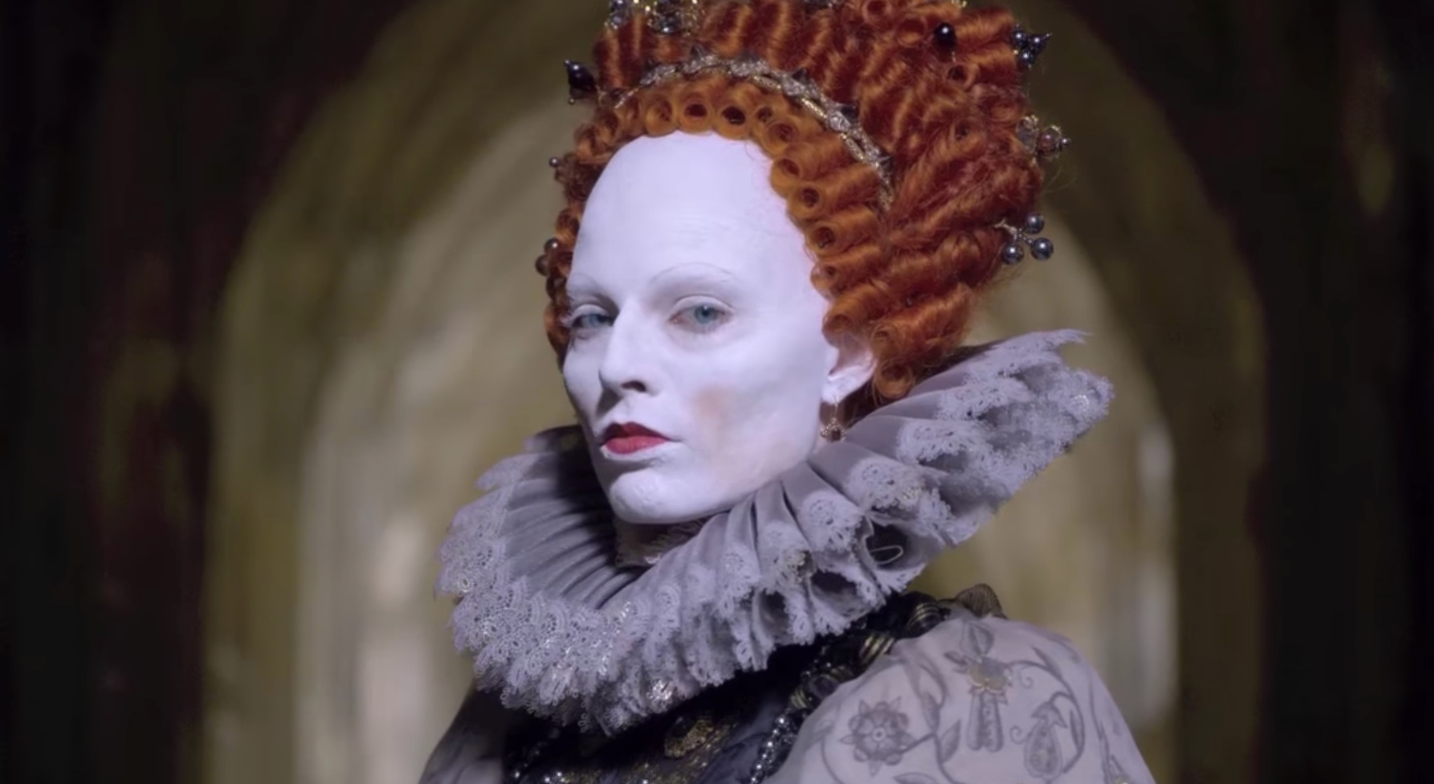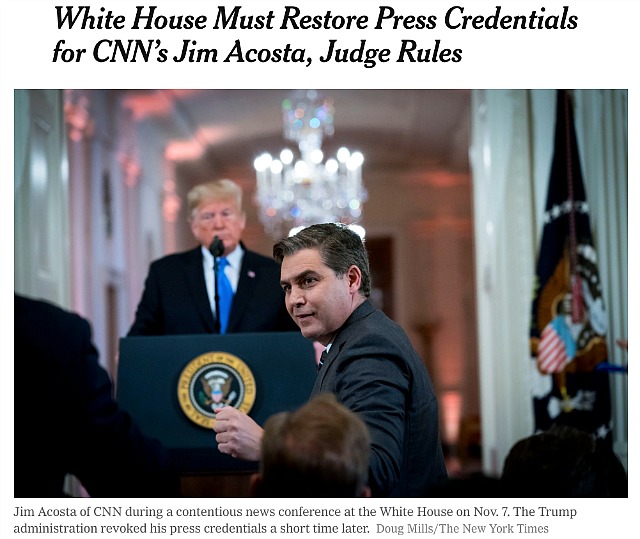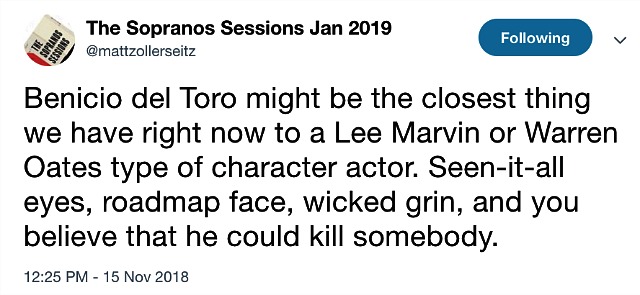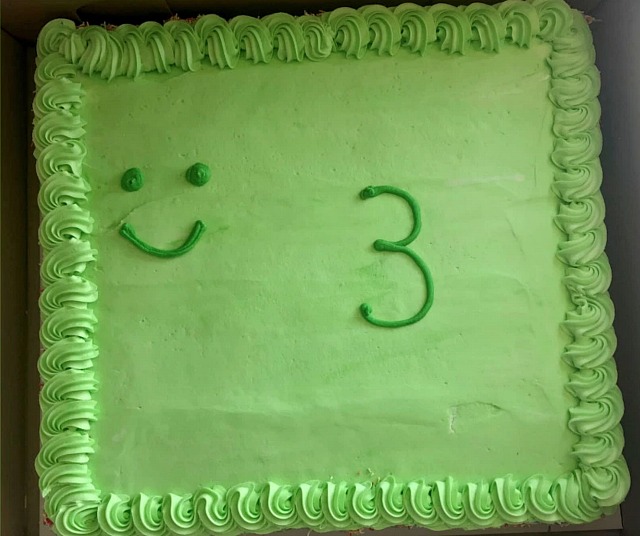Filmstruck will die as planned on 11.29, but the Criterion Collection will become a stand-alone streaming service in spring 2019. I guess the petition had an impact after all. So I’ll get my money back soon and then I’ll re-invest it in the Criterion Channel…right?
From the release: “The Criterion Channel will be picking up where the old service left off — (a) programming director spotlights, (b) actor retrospectives featuring major Hollywood and international classics, and (c) hard-to-find discoveries from around the world, complete with special features like commentaries, behind-the-scenes footage, and original documentaries.
“Our library will also be available through WarnerMedia’s new consumer platform when it launches late next year, so once both services are live, Criterion fans will have even more ways to find the films they love.
“We will be starting from scratch with no subscribers, so we’ll need all the help we can get. The most valuable thing you can do to help now is go to Criterion.com/channel and sign up to be a Charter Subscriber, then tell your friends to sign up too. We need everyone who was a FilmStruck subscriber or who’s been tweeting and signing petitions and writing letters to come out and to sign up for the new service. We can’t do it without you!”






